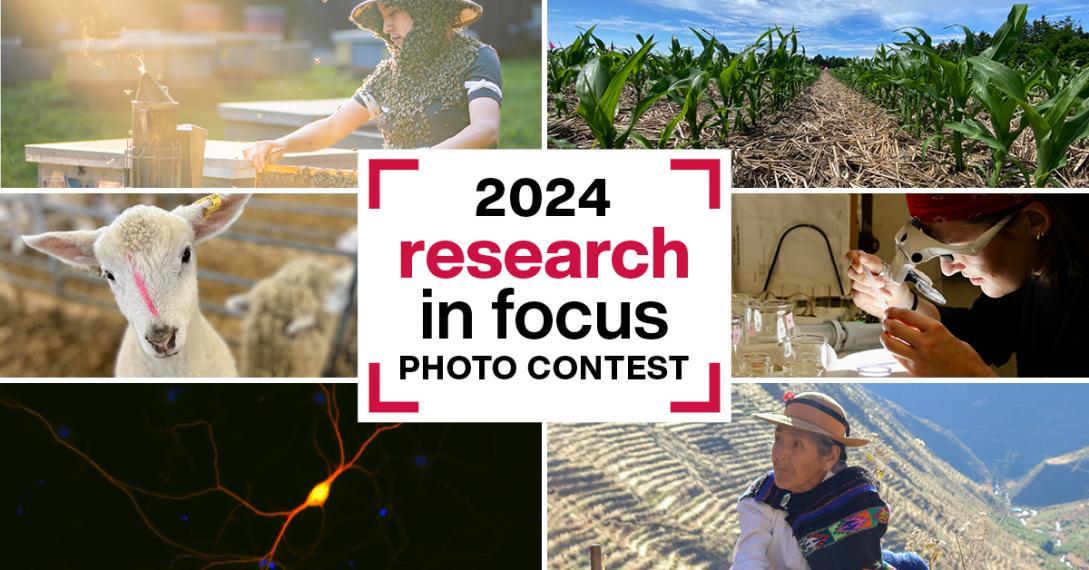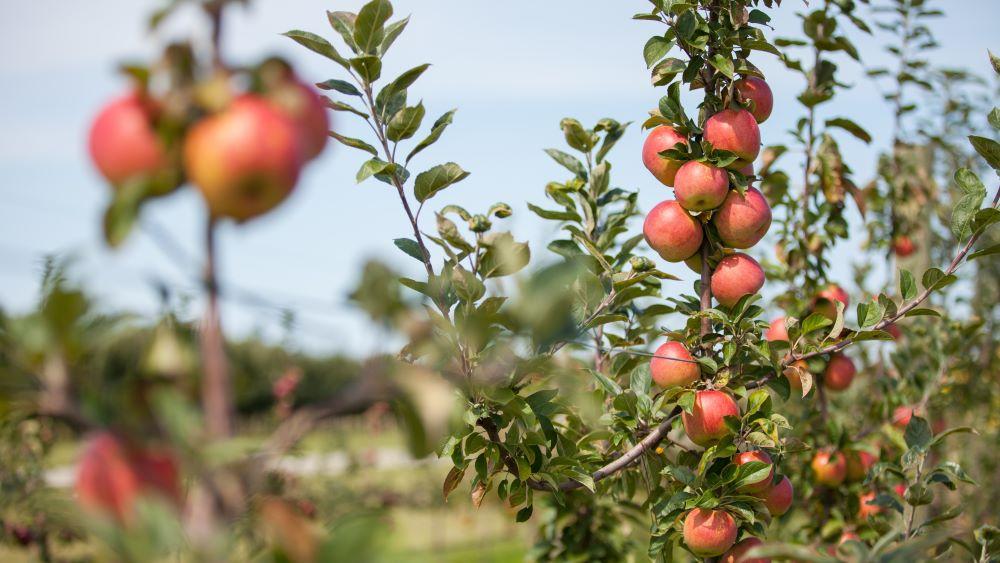World Soil Day: Better soil data can feed the planet
For professor Dr. Asim Biswas, the world is full of new problems requiring new solutions.
By 2030, the global population will reach 8.5 billion, driving an immense demand for food. At the same time, climate change is weakening food systems by depleting soil, a resource so precious it takes 100 years to form a single inch.

